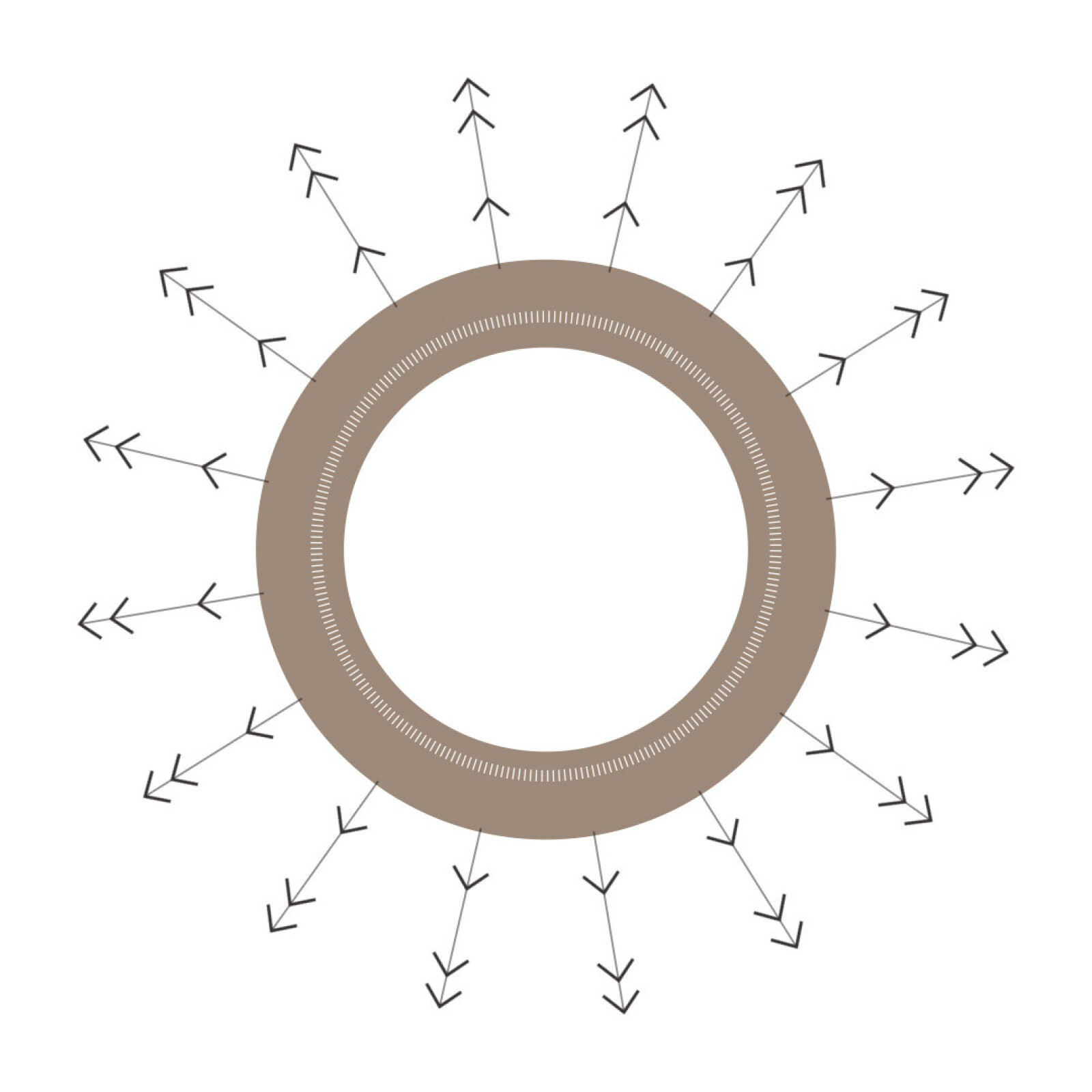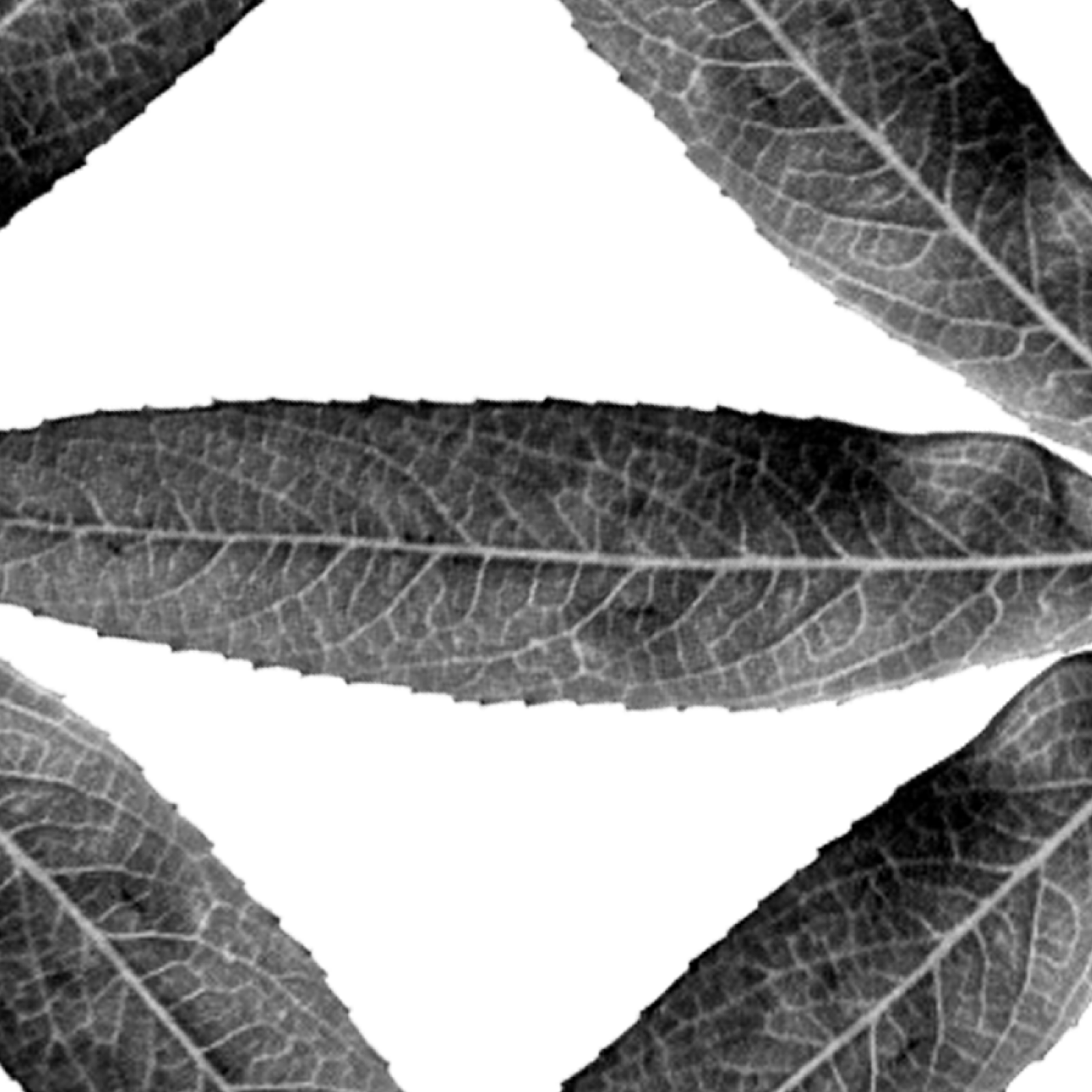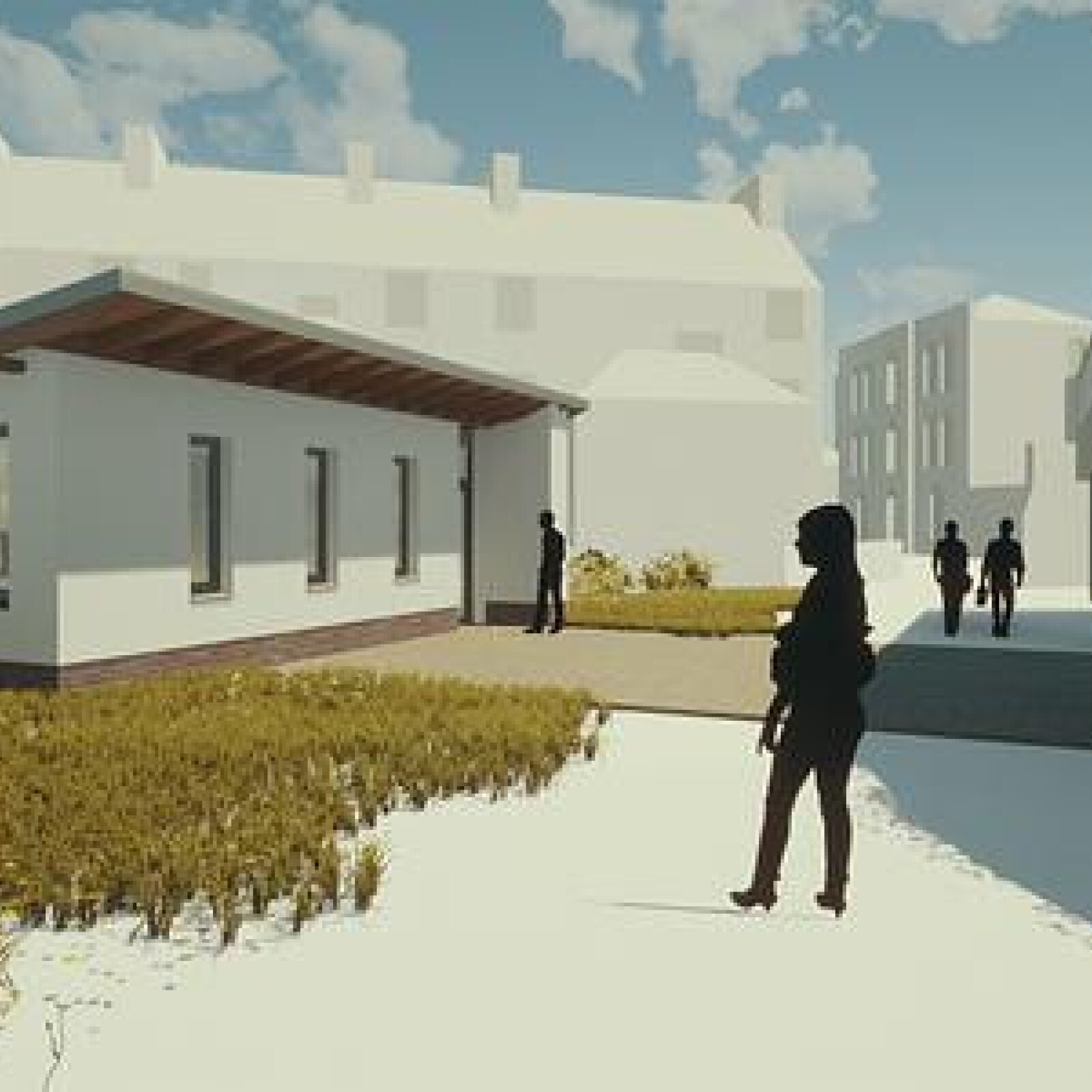Design Generators fund collaborative, design-led research projects that use arts and humanities approaches to tackle real-world sustainability challenges. The scheme supports partnerships between researchers, communities, and non-academic organisations to co-develop creative interventions within existing systems – such as healthcare, food networks, governance or finance – that promote equitable, sustainable and regenerative practices.
Future Observatory will act as the engagement hub for the Design Generators and the wider Design the Green Transition programme, providing opportunities for showcasing research, running events for award holders as well as networking opportunities and the chance to help shape the conversation around the UK’s green transition. All funded applications will be expected to engage with Future Observatory throughout the lifetime of the project.
Please note that you must be based at a UK research organisation eligible for AHRC funding. Learn more about the eligibility of your organisation.
Funding will be provided to:
co-develop interventions with a non-academic partner to assist sustained impact beyond the life of the grant
engage collaboratively with communities or stakeholders, ensuring relevance and responsiveness to lived experience
promote green transition-supportive behaviour change, either through deliberative policymaking and (de)regulation or through ‘nudging’
highlight the value of academic design research in addressing real-world, locally relevant challenges arising along the journey to net zero and a green economy
This is the first of two rounds and both rounds will focus on creating interventions within existing systems. These systems may include, but are not limited to, healthcare, food networks, governance structures, financial infrastructures, and other societal frameworks. We are particularly interested in projects that approach these systems from a community perspective and use design thinking and creative methodologies to identify leverage points for positive change. Through strengthening a system’s effectiveness, resilience and inclusivity, the programme also aims to support sustainable economic growth and productivity at local and national levels.
Applicants should propose research that is collaborative, community-engaged, and scalable. Projects must be grounded in arts and humanities disciplines, drawing on methodologies including, but not limited to, design research, ethnography, and visual arts. We encourage researchers to work closely with communities, stakeholders and system actors to co-develop interventions that are contextually sensitive and have the potential to be scaled up.
Design Generators may support activities that include but are not limited to:
design research and innovation that prototypes and explores products, services and systems with users
creation of multidisciplinary design research capabilities that can respond to needs and challenges
exploration of circular, cyclical, or regenerative business models
strengthening resilience in third sector and community organisations
supporting skills transition across sectors and disciplines
developing policymaking strategies for a green and regenerative economy
providing training and development opportunities
facilitating public participation in the research process
conducting outreach activities to involve individuals or organisations outside academia in shaping ideas and research
Please note that applications should be specific about the details of the proposed activities, be these coordinated programme activities or a standalone activity.
Projects should demonstrate clear pathways to measurable outcomes of benefit to stakeholders both within the project lifetime and beyond.
| DISCIPLINE | single discipline, interdisciplinary, multidisciplinary and transdisciplinary |
|---|---|
| ELIGIBILITY | based at a UK research organisation eligible for AHRC funding |



